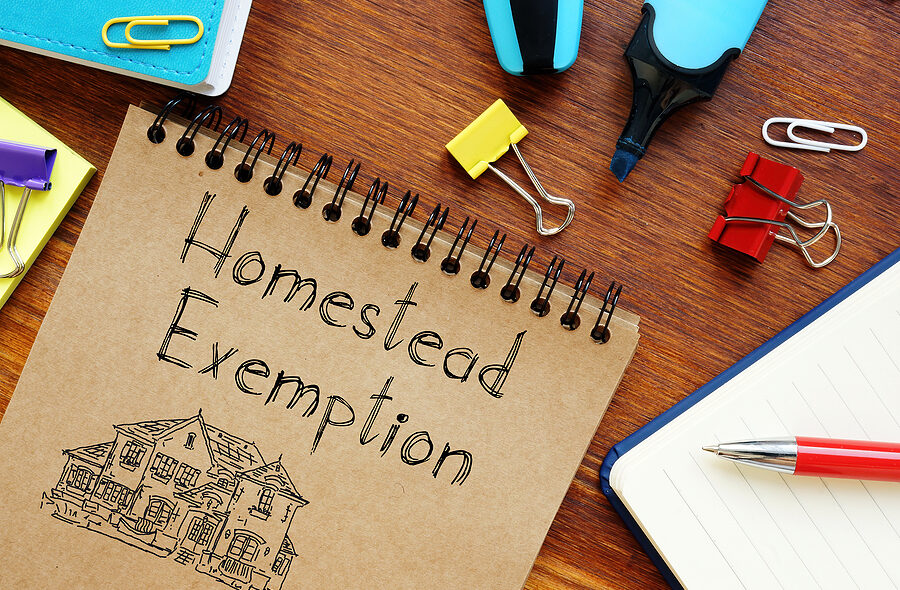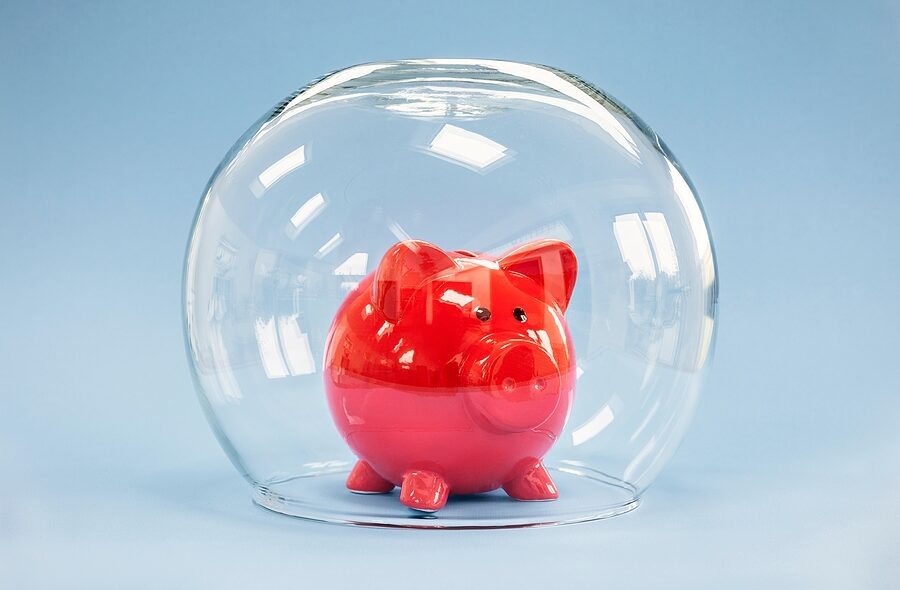Bankruptcy filers often fear losing everything they own when going through a Chapter 7 or Chapter 13 bankruptcy case. You may think that filing for bankruptcy means you have to give up your home, your car, and other important assets. This is simply not true. The vast majority of Chapter 7 cases are no-asset cases, meaning the debtor gives up no possessions. This happens for two reasons. First, you can allot for basic assets, called exemptions that are necessary for day-to-day living. What you can exempt varies from state to state, so be sure to discuss exemptions with an experienced bankruptcy attorney. For possessions that are not part of the exemption, creditors likely don’t want them. Under Chapter 13, you keep all of your assets, but the value of them figures into your repayment plan.
The U.S. Bankruptcy Code and Florida bankruptcy laws protect a great deal of a consumer’s property, if used appropriately.


